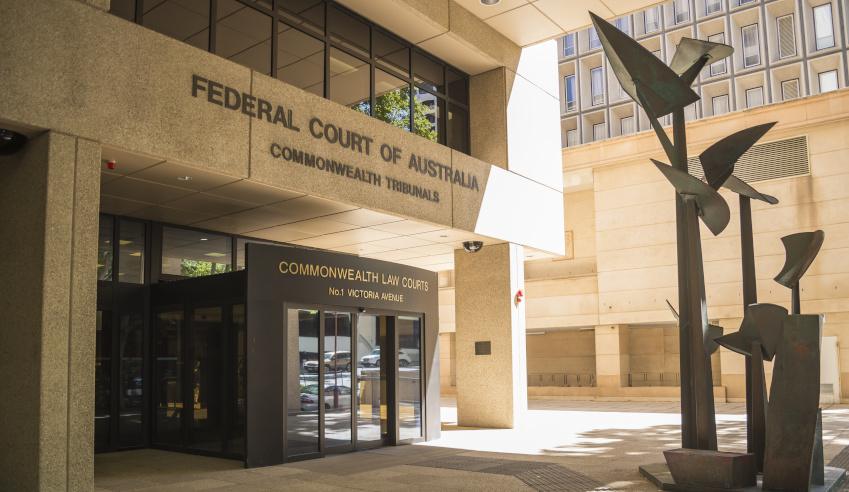The plaintiff in a class action case against SMSF provider Dixon Advisory has attempted to freeze the entire penalty, which would otherwise go to the Commonwealth.

Kosen-rufu applied to activate an untested section in the Corporations Act 2001 following the agreement of a penalty amount between Dixon Advisory and Superannuation Service (DASS) and ASIC. The Federal Court of Australia adjourned the matter on Thursday (25 November), after ASIC requested further time to consider its position.
In July, DASS agreed to pay a $7.2 million pecuniary penalty to settle civil penalty proceedings that allege DASS provided conflicted financial advice and engaged in misleading and deceptive conduct. DASS has also agreed to pay ASIC $1 million for its legal and investigative costs.
Earlier this month, Piper Alderman filed a class action on behalf of Kosen-rufu, an SMSF, against DASS, E&P Financial Group (owner of DASS) and its former chief executive officer Alan Dixon.
The class action accuses DASS of failing to “take reasonable steps to ensure that DASS authorised representatives complied with section 961B of the Corporations Act” and engaging in misleading or deceptive conduct, resulting in losses and damages for members of the fund.
Martin del Gallego, class action lawyer and partner at Piper Alderman, said the freeze of the $7.2 million penalty would allow the plaintiffs to obtain greater certainty at an early stage in the class action.
“The applicants are disappointed that the hearing of this important application did not proceed today. The intent of the provision is to ensure that facilitating compensation for victims is given preference over the payment of penalties, if there is a risk that a defendant cannot do both,” he said.
“We will continue to work with ASIC and DASS to favourably resolve the application as quickly as possible, and set aside the funds for possible distribution to participants in its class action at a later date.”

Lauren is the commercial content writer within Momentum Media’s professional services suite, including Lawyers Weekly, Accountants Daily and HR Leader, focusing primarily on commercial and client content, features and ebooks. Prior to joining Lawyers Weekly, she worked as a trade journalist for media and travel industry publications. Born in England, Lauren enjoys trying new bars and restaurants, attending music festivals and travelling.